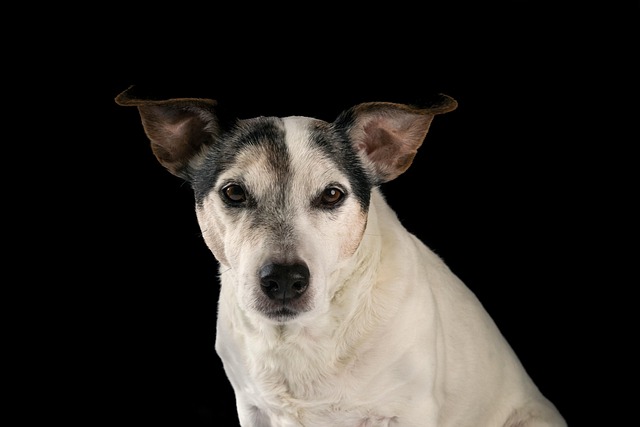
How to treat dog ear infection at home?
Notice your dog scratching its ear nonstop or shaking its head more than usual? Chances are it’s dealing with an ear infection, a common issue for pups that love swimming or have floppy ears.
When you watch your dog enjoying delicious food with anticipation, the next second you see it arching up and spitting out the food it has just eaten, worry and heartache instantly surge in your heart. Vomiting after eating is a distressing condition for countless dog owners, as it not only affects their health but also makes them restless. Understanding the reasons behind vomiting and mastering scientific coping strategies is the key to protecting the health of dogs, and it is also a manifestation of our deep love for furry children.
There are various reasons why dogs vomit after eating. Dietary factors are one of the most common triggers. If a dog eats too quickly and a large amount of air enters the stomach with the food, it is easy to cause vomiting. Watching the dog wolfing down its food, although it feels cute, this eagerness may bring discomfort to them. Some dogs may also overeat and consume too much food at once, exceeding the digestive capacity of the stomach and causing excessive stomach expansion and vomiting. In addition, consuming spoiled, spicy, greasy food, or suddenly changing dog food can stimulate the dog's gastrointestinal tract and trigger vomiting reactions. Just like how we feel uncomfortable when we eat stale food, dogs' digestive system is also very sensitive and difficult to withstand these adverse stimuli.
Gastrointestinal diseases are also an important cause of vomiting in dogs after eating. Gastroenteritis is more common in dogs, which can be caused by bacterial, viral infections, and parasitic infections. When dogs suffer from gastroenteritis, they may not only vomit, but also experience symptoms such as diarrhea, loss of appetite, and mental fatigue. Imagine a lively and energetic furry child curled up in a corner due to gastrointestinal pain, no longer as energetic as before. As the owner, his heart was filled with anxiety and heartache. Gastric ulcers can also cause dogs to vomit after eating. The continuous stimulation of stomach acid on the gastric mucosa forms an ulcer surface, and the stimulation of food after eating can exacerbate pain and trigger vomiting. In this case, the dog's vomit may have blood streaks or appear black, which makes the owner even more worried and eager to bear the pain for them.
In addition to gastrointestinal problems, diseases of other body organs may also cause vomiting in dogs after eating. Liver diseases can affect the secretion and excretion of bile, thereby affecting the digestion of food and causing vomiting. When kidney failure occurs, toxins in the body cannot be eliminated normally and accumulate in the body, stimulating the gastrointestinal tract and causing vomiting symptoms. There are also some endocrine disorders, such as hypothyroidism, adrenal insufficiency, etc., that may affect the digestive function of dogs, leading to vomiting after eating. When dogs vomit due to these diseases, their physical condition is often severely affected, and every vomiting is like a heavy blow to the owner's heart, causing great concern.
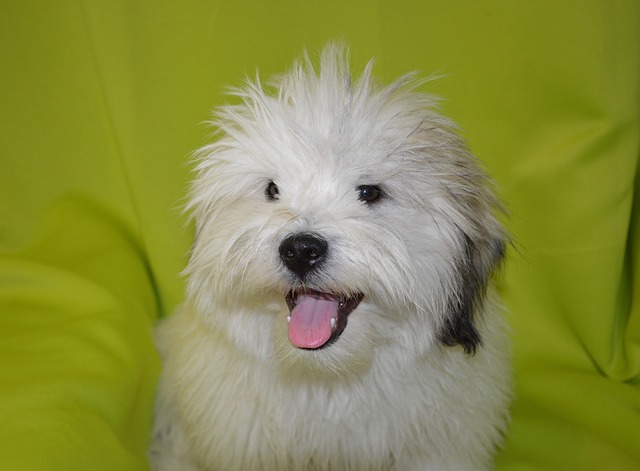
When a dog vomits after eating, the owner should first remain calm. Although I am extremely anxious inside, only by calming down can I take the right measures. Observing a dog's vomit is the first step in understanding the situation. If the vomit is just undigested food and the dog is in a good mental state without any other abnormal symptoms, it may just be an occasional dietary problem. At this point, you can pause feeding for 12-24 hours to allow the dog's digestive system to rest adequately, while providing sufficient clean water to prevent dehydration. During this period, the owner should closely monitor the dog's condition, as every subtle movement of the dog touches the owner's heart. If the dog no longer vomits, try to feed a small amount of digestible food, such as rice porridge, boiled chicken, etc. 12-24 hours later, and then gradually transition to a normal diet.
But if a dog frequently vomits, with blood streaks, mucus in the vomit, or accompanied by symptoms such as diarrhea, fever, depression, and loss of appetite, it must be taken to a pet hospital for treatment immediately. On the way to the hospital, the owner tightly held the dog and silently prayed for its safety. At the hospital, the veterinarian will conduct a detailed examination, including physical examination, blood test, stool examination, imaging examination, etc., to determine the cause of vomiting. It may be necessary to conduct a blood routine test to determine if the dog has any infections, anemia, or other conditions; Perform a fecal examination to check for parasitic infections; Observe whether there are lesions in the gastrointestinal tract and other organs through X-ray or B-ultrasound examination. Only by accurately identifying the cause can targeted treatment be carried out.
During the waiting period for medical treatment or home observation, the owner can take some measures to alleviate the discomfort of the dog. You can gently stroke the dog's abdomen, just like soothing a troubled child, giving them warmth and a sense of security. The intensity of caressing should be moderate, using gentle touch to help dogs relax their gastrointestinal muscles and alleviate discomfort caused by vomiting. At the same time, it is necessary to create a quiet and comfortable resting environment for dogs, avoiding noise and other disturbances, so that they can rest well.
Preventing vomiting in dogs after eating is equally important. Owners should cultivate good eating habits in their dogs, feed them regularly and in moderation, and avoid overeating. You can use a slow food bowl to slow down the dog's eating speed and prevent air from entering the stomach with food. Choose high-quality dog food that is suitable for the age and physical condition of the dog, and avoid feeding spoiled or irritating food. Regularly take your dog for physical examinations, promptly detect and treat potential illnesses, and nip health hazards in the bud. Every careful care and preventive measure taken by the owner is a deep love and responsibility towards the dog.
Dogs vomiting after eating is a test of their health, as well as a test of their owner's care and responsibility. When dogs experience vomiting, we should use professional knowledge and warm care to accompany them through the difficult times. Watching the dog recover under our care and regain its happy smile, all the worries and hardships have turned into happiness and satisfaction. May every dog grow up healthy and happy, enjoying a wonderful life under the care of its owner.

Notice your dog scratching its ear nonstop or shaking its head more than usual? Chances are it’s dealing with an ear infection, a common issue for pups that love swimming or have floppy ears.
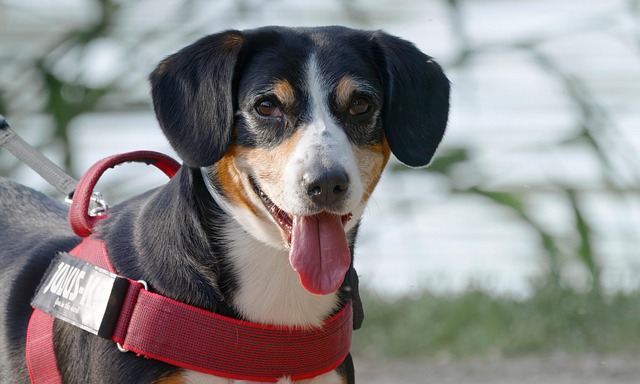
Noticing your dog cough, wheeze, or struggle to catch their breath is terrifying—but acting fast can make all the difference for their recovery.
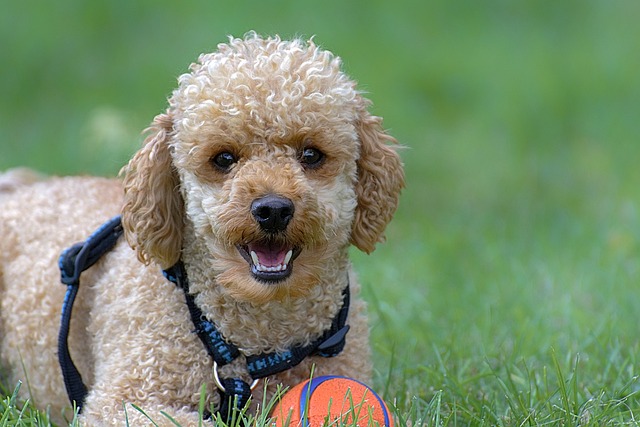
You’ve got your vet-recommended dog probiotic ready, but now you’re stuck: Should you give it with breakfast? Before bed? Or midday?
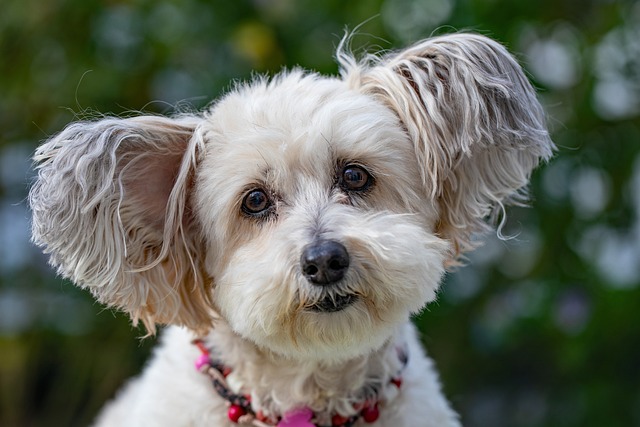
Finding loose, watery stool in your dog’s crate or scattered around the house is stressful—especially when you’re not sure how to fix it. Many new U.S.

You’ve been giving your pup probiotics to ease his occasional diarrhea, and now you’re wondering: Can I keep this up daily? Many new U.S.

If you’ve wandered the pet store aisle and wondered if those probiotic chews or powders are worth buying, you’re not alone—many new U.S.